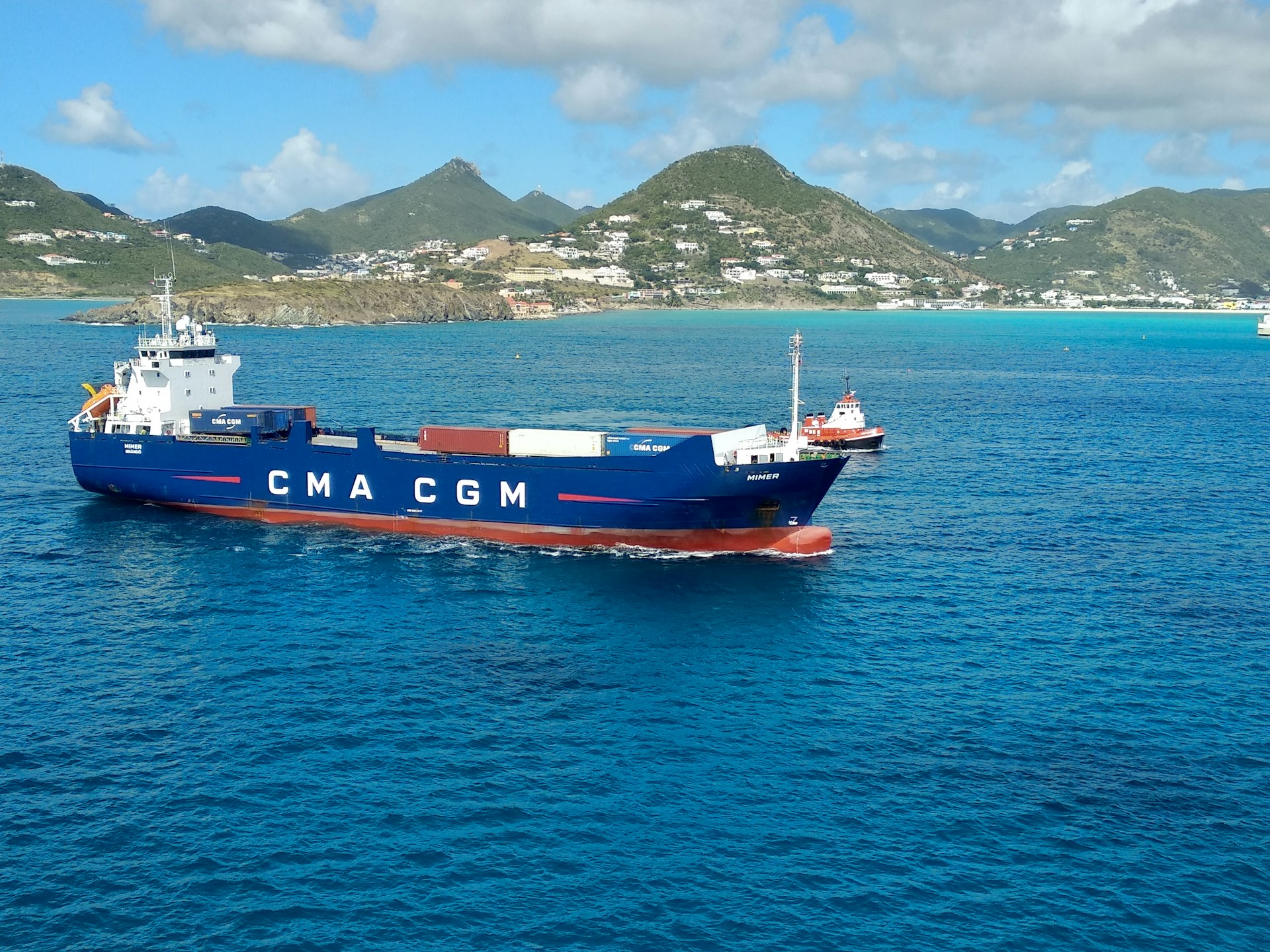CMA CGM Invests in Vanguard to Secure US Bio-LNG

CMA CGM is taking a strategic minority stake in U.S.-based Vanguard Renewables via its PULSE energy fund, locking in long-term supplies of renewable natural gas (RNG). Vanguard, which operates anaerobic digesters using farm and organic waste, will dedicate up to four projects to generate biomethane—convertible to bio-LNG—for the Marseille-headquartered carrier.
The investment aligns with the International Maritime Organization’s recently adopted net-zero framework, which pushes shipping companies to cut greenhouse gas emissions or face compliance costs.
Vanguard Renewables partners with food and beverage producers and retailers to divert organics from landfills and transform them into RNG. The company is part of Global Infrastructure Partners (GIP), now within BlackRock.
Michael O’Laughlin, CEO, said: “We see this pioneering collaboration as a key step in supporting the maritime sector as the global industry takes a bold step toward improving emissions.”
CMA CGM has been building a biomethane portfolio for several years. It co-invested with ENGIE in the Salamander project in Le Havre, which targets industrial-scale output of up to 200,000 tonnes of renewable gas annually by 2028. The group also signed an agreement with SUEZ to secure up to 100,000 tonnes per year of biomethane by 2030, underpinned by an initial €100 million to develop production sites across Europe.
On the technology front, CMA CGM has taken a stake in Hycamite, a Finnish clean-tech firm advancing methane-splitting processes that convert methane into low-carbon hydrogen and solid carbon products.
In parallel, CMA CGM created a 50/50 joint venture with TotalEnergies to launch an LNG bunkering service in Rotterdam. The plan includes commissioning a 20,000-cbm LNG bunker vessel by 2028 and securing up to 360,000 tonnes of LNG annually through 2040.
These initiatives sit within CMA CGM’s broader decarbonization strategy, which includes orders for more than 100 low-carbon newbuilds, among them dual-fuel LNG and bio-LNG-ready ships scheduled to join the fleet in the coming years.